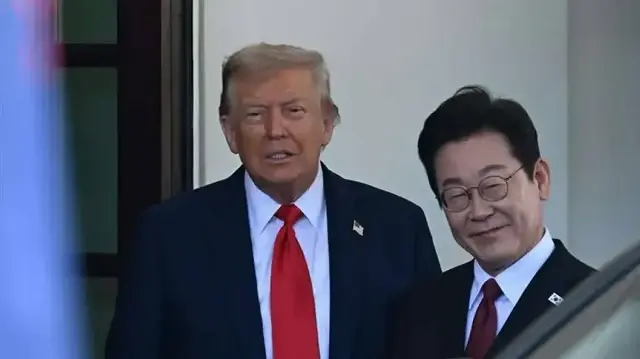US and South Korea to collaborate on nuclear submarine development

US Defense Secretary Pete Hegseth has announced deepened military cooperation with South Korea, including collaboration on nuclear-powered submarines. The agreement, finalized during high-level talks in Seoul, aims to modernize the alliance and counter regional threats, with Seoul reaffirming its commitment to non-proliferation.
The United States and South Korea have agreed to advance their defense partnership with a new focus on nuclear submarine technology, a significant enhancement of their military alliance. The announcement was made by US Defense Secretary Pete Hegseth following the annual Security Consultative Meeting in Seoul with his South Korean counterpart, Ahn Gyu-back. This development comes just days after President Donald Trump approved Seoul's plan to develop a nuclear-powered submarine, signaling a major shift in regional security dynamics.
Strengthening Alliance Capabilities
Secretary Hegseth characterized the US-South Korea alliance as "stronger than ever" and "vital to the Asia Pacific." The partnership will extend beyond submarine development to include maintenance of US warships in South Korean shipyards, representing a new level of industrial and defense integration. "We're going to work closely with the Department of State and the Department of Energy to fulfill President Trump's commitment," Hegseth stated during a joint press conference, underscoring the cross-departmental effort required for the nuclear submarine initiative.
Addressing Regional Security Concerns
The enhanced cooperation occurs against a backdrop of continued provocations from North Korea, which fired approximately 10 artillery shells near the Yellow Sea just hours before Hegseth's visit to the Demilitarized Zone. When questioned about potential support for South Korea developing its own nuclear weapons, Hegseth emphasized the defensive nature of the alliance. South Korean Defense Minister Ahn Gyu-back clarified that Seoul remains committed to the Nuclear Non-Proliferation Treaty and will not pursue nuclear weapons, instead focusing on strengthening conventional deterrence and missile defense systems.
Future Defense Integration
The bilateral talks also covered increased South Korean defense spending and investments in advanced military capabilities. Hegseth praised Minister Ahn's commitment to bolstering the Republic of Korea's military readiness, particularly in missile defense and space capabilities. The South Korean Defense Ministry has indicated that a domestically developed nuclear-powered submarine could be operational by the mid-to-late 2030s, marking a substantial advancement in the nation's naval capabilities and a new chapter in US-South Korea strategic cooperation.
Reklam yükleniyor...
Reklam yükleniyor...







Comments you share on our site are a valuable resource for other users. Please be respectful of different opinions and other users. Avoid using rude, aggressive, derogatory, or discriminatory language.